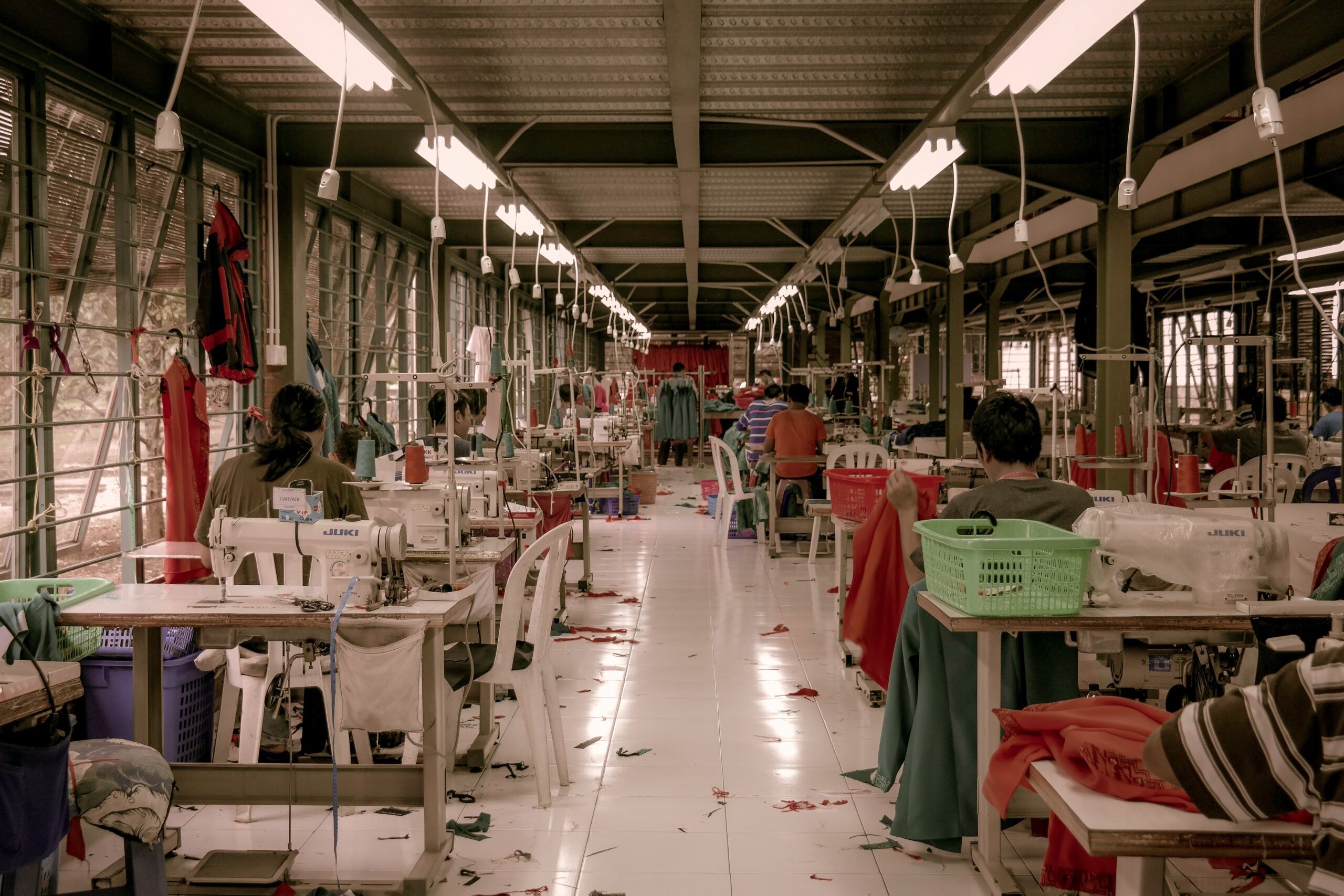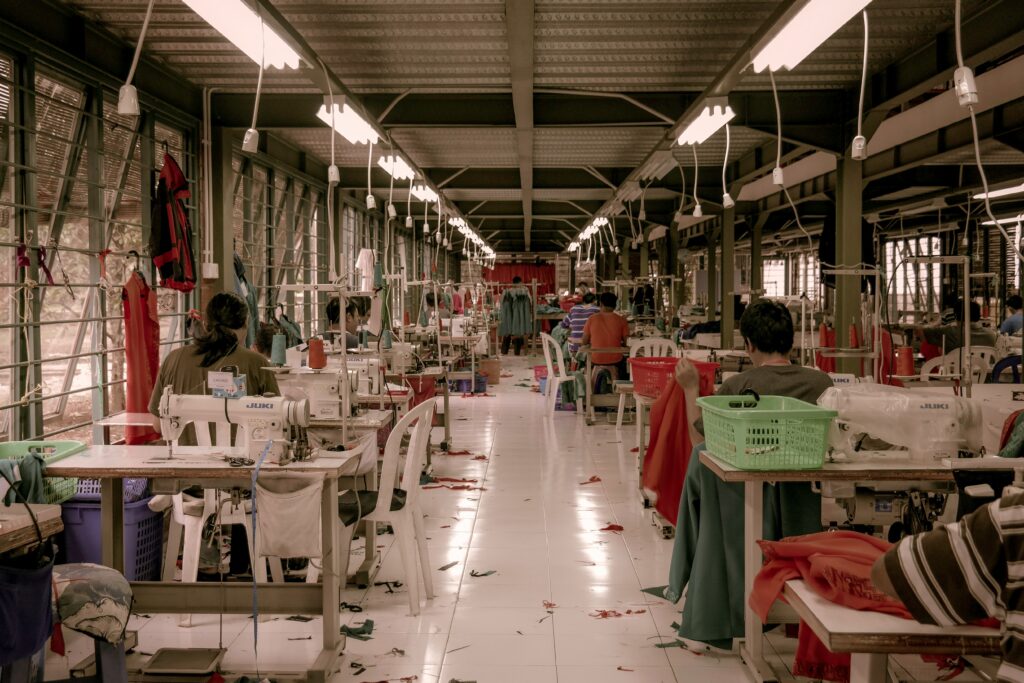In the realm of fashion, the dark side of fast fashion is no secret. While it’s not groundbreaking news, it’s worth revisiting the sobering realities that fuel our desire to be part of a movement for change. That’s why at Our Little Wardrobe, we’re committed to doing our part to shift the narrative and promote the idea that second-hand doesn’t equate to second-best.
Here are five key reminders that inspire our mission:
Environmental Impact:
Fast fashion is one of the most polluting industries globally. The production of cheap clothing involves the extensive use of natural resources, including water and energy, and results in staggering amounts of waste. From toxic chemicals used in dyeing fabrics to the disposal of unsold or unwanted garments in landfills, the environmental footprint of fast fashion is significant. According to the Ellen MacArthur Foundation, the fashion industry is responsible for around 10% of global carbon emissions – more than international flights and maritime shipping combined.
Exploitative Labour Practices:
Behind the glitz and glamour of fast fashion lies a grim reality of exploitative labor practices. Many garments are produced in low-wage countries where workers, often women and children, endure long hours in unsafe working conditions for minimal pay. Reports of sweatshops, forced labor, and child exploitation are not uncommon in the fast fashion supply chain. Despite efforts to improve working conditions, many workers continue to face exploitation and abuse, highlighting the ethical dilemma at the heart of the industry.
Disposable Culture:
The rise of fast fashion has fueled a culture of disposability, where clothing is treated as a short-term commodity rather than a long-lasting investment. With new styles hitting stores every week, consumers are encouraged to constantly update their wardrobes, leading to a cycle of overconsumption and waste. The average garment is worn much less and discarded much sooner than in previous decades, contributing to the growing problem of textile waste. In the United States alone, over 11 million tons of clothing end up in landfills each year, exacerbating environmental issues and perpetuating a cycle of consumption.
Health Concerns:
Fast fashion isn’t just harmful to the planet and people; it can also have detrimental effects on consumer health. Many cheaply produced garments contain harmful chemicals and dyes that can cause skin irritation, allergic reactions, and even long-term health issues. Additionally, the use of synthetic fibers such as polyester and acrylic has been linked to microplastic pollution, with tiny plastic particles shedding from clothing during washing and ending up in waterways and oceans.
Impact on Local Economies:
The dominance of fast fashion has had profound effects on local economies, particularly in developing countries where garment production is a major source of employment. Small-scale artisans and traditional craftsmen often struggle to compete with mass-produced, low-cost clothing, leading to the decline of indigenous textile industries. This not only threatens cultural heritage and diversity but also perpetuates economic inequality and dependency on multinational corporations.

In conclusion, the allure of fast fashion comes with a hidden cost that extends far beyond the price tag. From environmental degradation and human rights abuses to health concerns and economic disparities, the true impact of fast fashion is far-reaching and complex. As consumers, we have the power to demand transparency, ethical practices, and sustainable alternatives from the fashion industry. By making informed choices and embracing slow fashion principles, we can work towards a more equitable and environmentally conscious future.
Warm wishes,
Our Little wardrobe x





